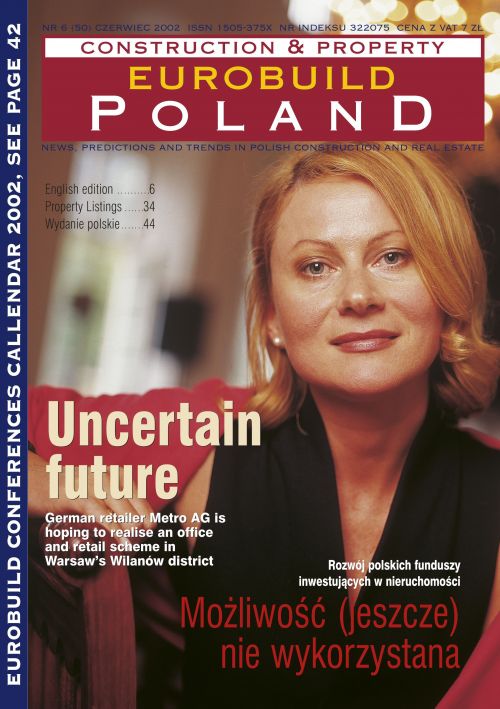One of the most challenging tasks facing real estate developers and
investors in Central Europe today is winning the battle for their
schemes to be approved and permits granted. Experienced developers know
that it is not enough for their team to have a comprehensive
understanding of local laws and regulations to assure success in
obtaining approvals. It is equally important to be prepared in advance
to defend against protests from so called 'interested' third parties who
can seriously impede the process.
The opportunities for 'interested parties' to become roadblocks to real
estate projects in Central Europe stem from a number of legal and
administrative factors, including:
the broad definition of 'interested parties' who are allowed to
challenge development permits;
the emphasis by administrative authorities on formal, technical
requirements, which often form the basis for protests, appeals and other
challenges;
gaps in legislation




























































